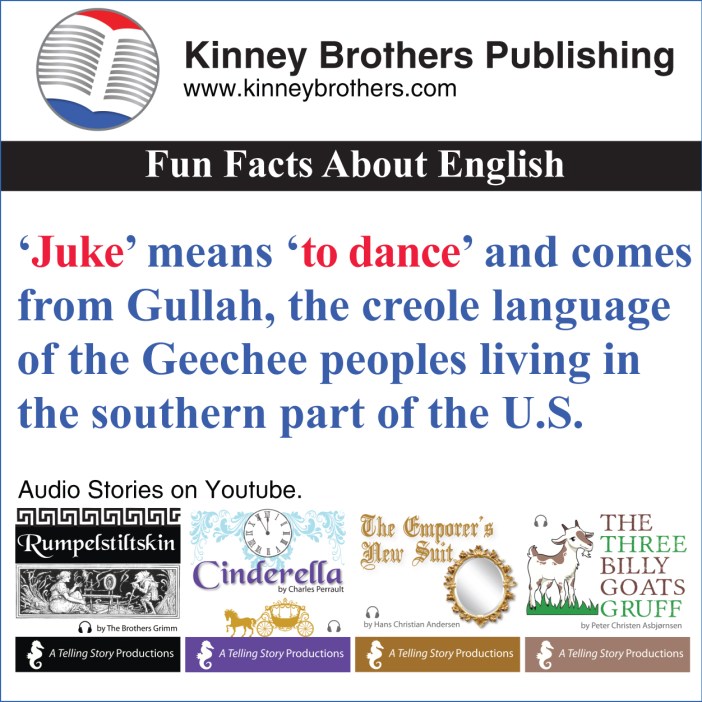
The U.S. Board on Geographic Names (BGN) is a Federal body established to maintain uniform geographic name usage throughout the Federal Government. The BGN comprises representatives of Federal agencies concerned with geographic information, population, ecology, and management of public lands.

The BGN focuses on the names of natural features, as well as canals, channels, and reservoirs. The BGN does not rule on the names of cultural or man-made features such as roads, streets, shopping centers, churches, schools, hospitals, or airports – unless specifically asked.
The U.S. is the only country with a policy of eradicating apostrophes thanks to President Benjamin Harrison who set up the BGN in 1890. The BGN’s archives contain no indication of the reason for this policy.
The board’s current “Principles, Policies and Procedures” manual states, “The word or words that form a geographic name change their connotative function and together become a single denotative unit. They change from words having a specific dictionary meaning to fixed labels used to refer to geographic entities. The need to imply possession or association no longer exists.”
In their 113-year history of promulgating names, they have eradicated approximately 250,000 apostrophes. So, Henry’s Fork became Henrys Fork, Pike’s Peak became Pikes Peak, and King’s Mills became Kings Mills.
The government agency has granted only five exceptions, mostly under public pressure. Those allowed use of an apostrophe are:
- Martha’s Vineyard, MA
- Ike’s Point, NJ
- John E’s Pond, RI
- Carlos Elmer’s Joshua View, AZ
- Clark’s Mountain, OR
If you enjoyed this post, learn the reason the U.S. doesn’t have an official language, why the English language has no language academy, or how English became the official language of the air and sea!
Go to the previous or next Fun Facts About English.

Visit Donald’s English Classroom for downloadable ESL games, flashcards, charts, full textbooks, and so much more!















